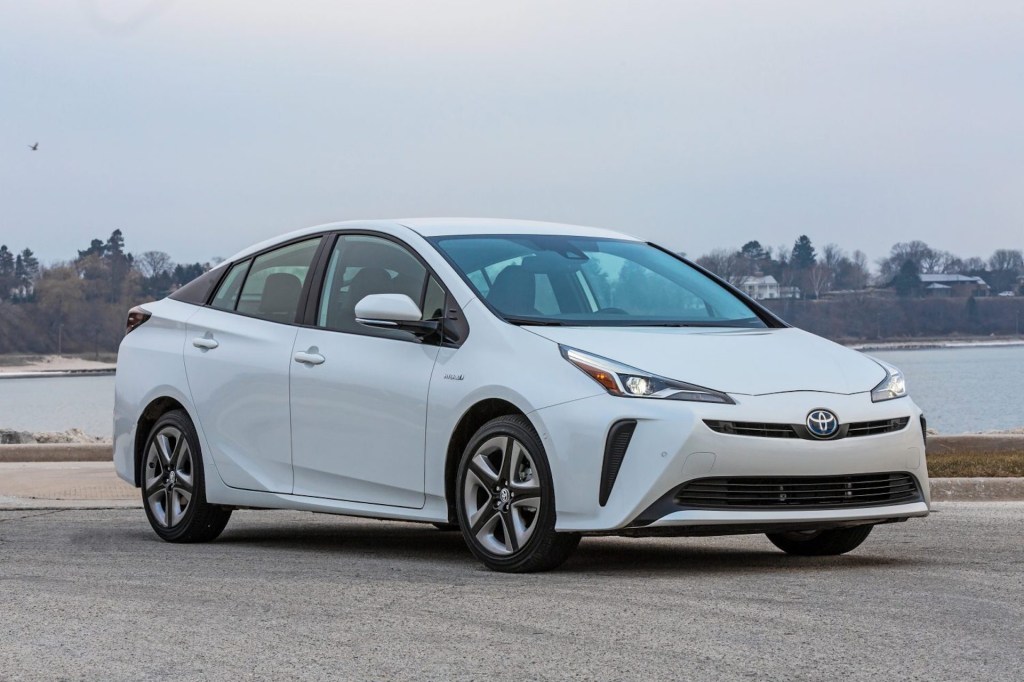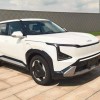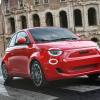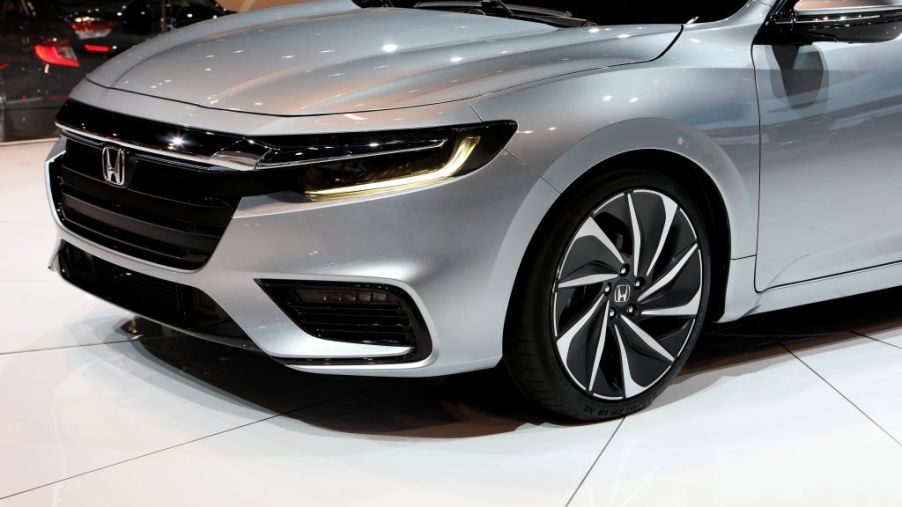
Don’t Worry So Much About Your Hybrid Battery
Since the dawn of the Toyota Prius, hybrid cars and SUVs have been just short of a conspiracy to some. There’s a good chance you’ve heard someone speak in fear of the high cost of battery replacement. Or maybe they were talking about the worry of additional maintenance after buying a hybrid car.
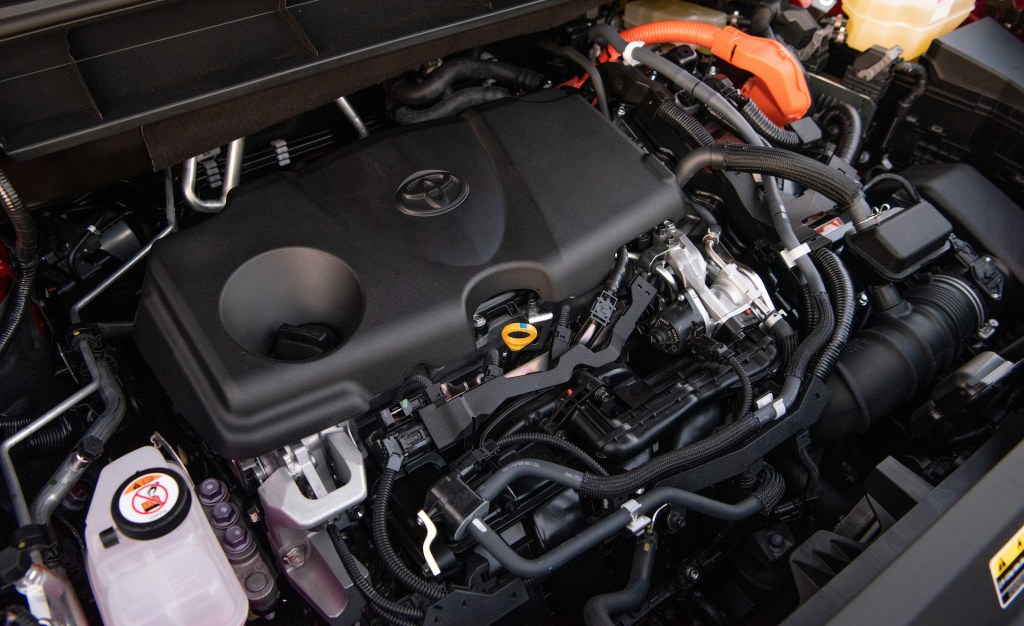
Regardless of the specific content, the overarching tone is always the same: beware of the hybrid system. But a lot of this talk is ill-informed. In fact, according to Toyota, the maintenance is the same. There’s really no reason to worry so much about your hybrid battery system and the powertrain in your hybrid car or SUV.
What was the first Hybrid car?
Interestingly enough, Ferdinand Porsche invented the first hybrid powertrain ever. And it was a really long time ago. In fact, according to CarsDirect, the first-ever hybrid car was built by the famed engineer in 1899. It used a gasoline engine to supply power to the electric motor which powered the front end, and called the System Lohner-Porsche Mixte.
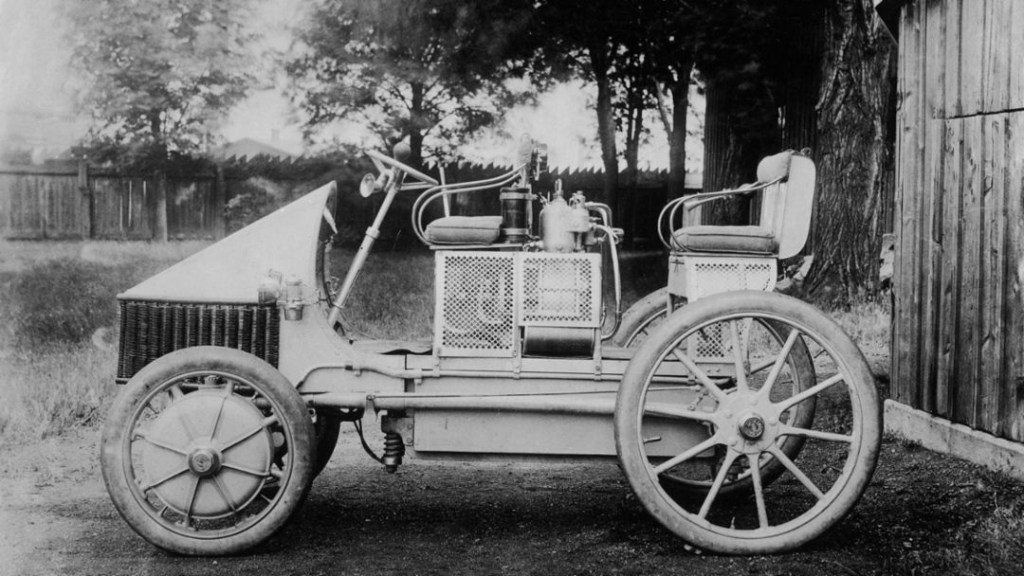
Porsche produced 300 of these. But when the automobile assembly line began under Henry Ford in 1904, the demand for hybrid cars diminished as the production of gasoline cars took over the market. The low prices of the vehicles produced by Ford pushed others––like this Porsche hybrid off the market.
Still, even though they weren’t big sellers, hybrid cars were produced and sold “well into the 1910s” according to CarsDirect. Their higher cost, however, wasn’t exactly a selling point. It wasn’t long before the gas-powered car completely dominated the market and hybrids disappeared. That is until the first contemporary hybrids entered the market.
Hybrids are the past, present, and future
Though there are still folks out there that probably think a hybrid powertrain is still a brand-new innovation, it’s not. Hybrids have been around for decades. The first Toyota Prius debuted in 1997, according to the hybrid electric vehicle Wikipedia page. Then, soon after in 1999, Honda released the Insight. The first hybrid SUV, the Ford Escape Hybrid, released in 2005.
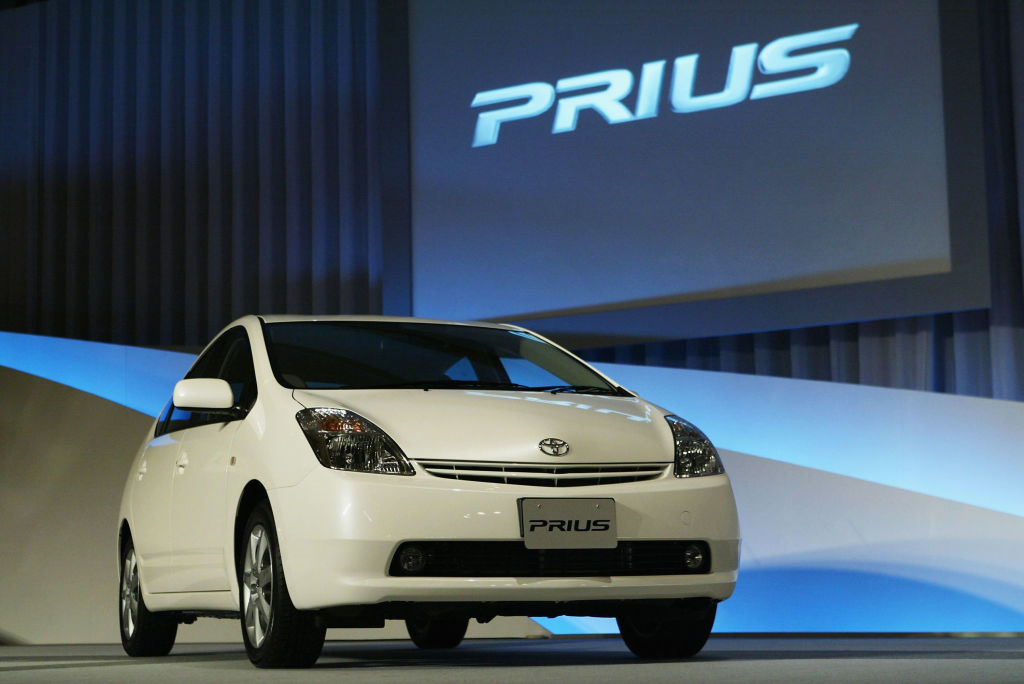
So while hybrid cars and SUVs may seem like an ultra-modern innovation that may still need time to work out kinks, they’ve actually been around a while. The Toyota Prius has an impeccable reliability history. So before chickening out on buying a hybrid because you’re afraid of the unknown, we might want to do a little more research.
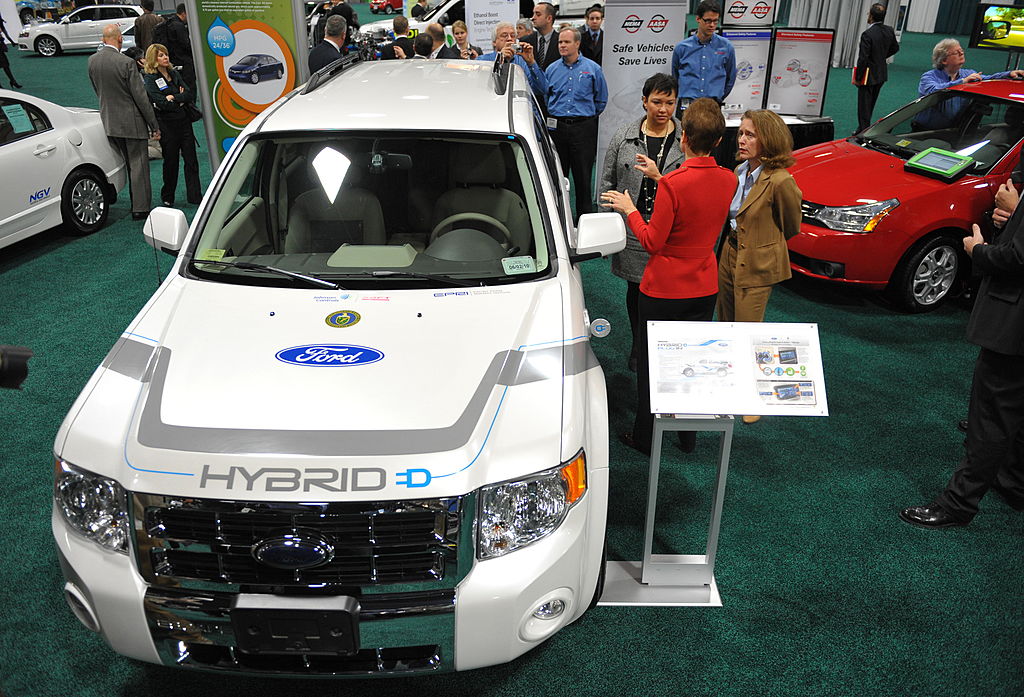
In addition, the automobile industry moves toward a hybrid and electric future. Hybrids are an integral part of the industry’s past, present, and future. The hybrid battery powertrain becomes increasingly popular.
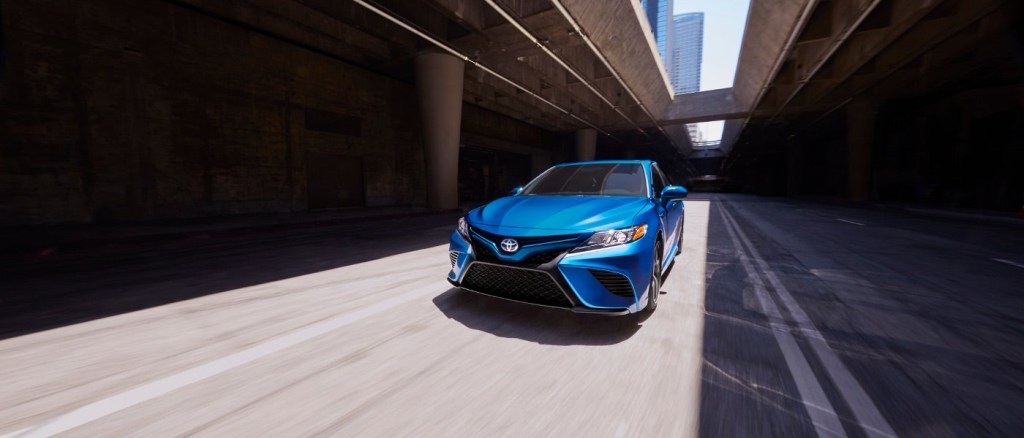
Toyota says there’s no need to stress about your hybrid system
Toyota is a popular brand destination for shoppers looking into buying a hybrid car or SUV. With a healthy lineup of hybrid powertrain vehicles and more to be released in the coming years, Toyota is just getting started. According to Toyota, a hybrid car follows the same maintenance schedule as the gas-powered cars we are used to.
In fact, the design––which employs the use of an electronic braking system––sees less wear and tear to parts like brake pads and rotors than non-hybrid vehicles. Plus, Toyota says the design is simpler and there are fewer replacement parts than in a gas-powered system. The hybrid battery lasts the entire life of the vehicle because it’s designed that way. So there are a lot fewer reasons to worry about your hybrid battery than you might have thought.
